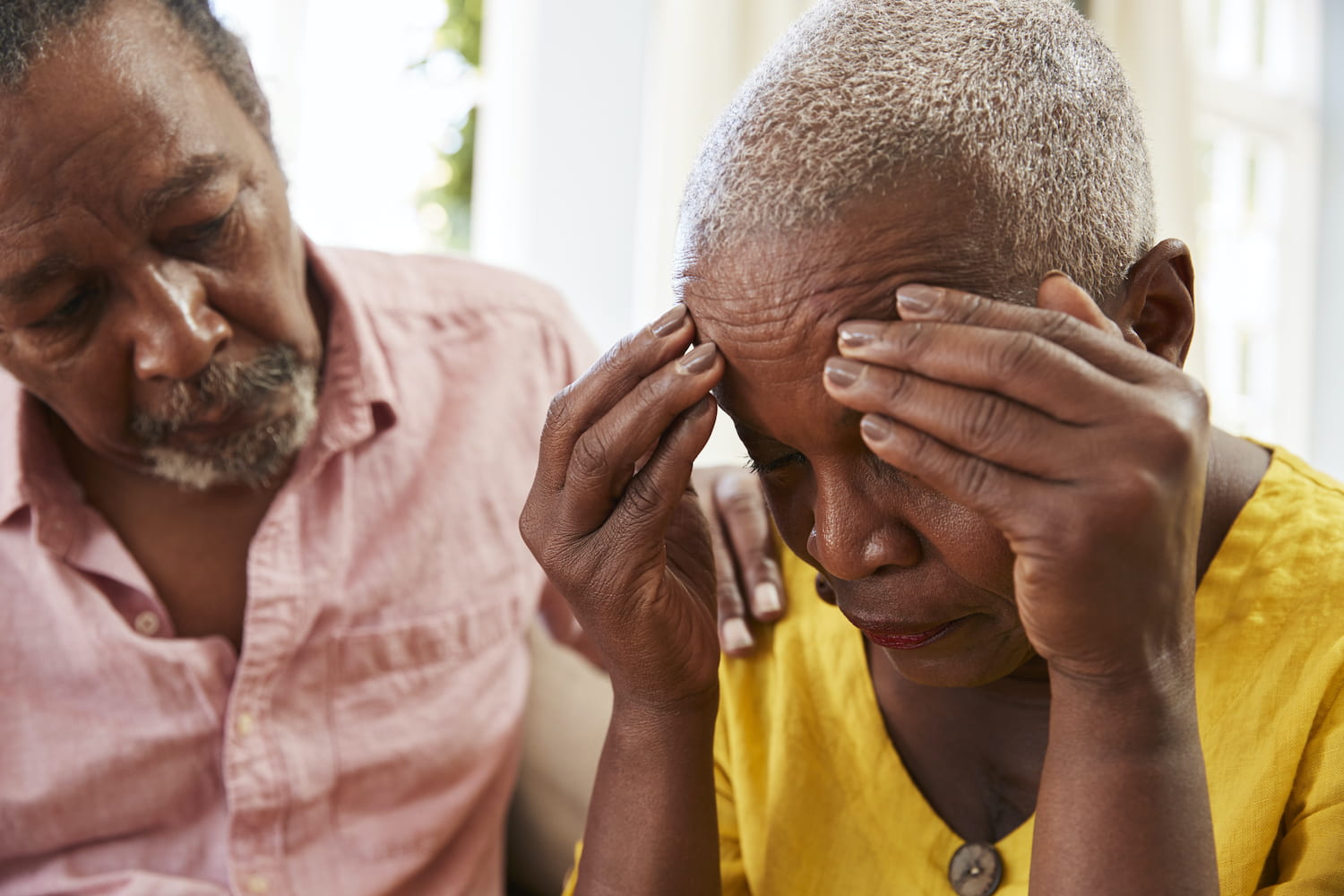“Coming together is a beginning. Keeping together is progress. Working together is success.”
— Henry Ford
EMOT-ECON’s diverse team is made up of passionate, dynamic, and dedicated individuals who are excited to explore and further build upon emotional well-being and economic burden research. Our core team spans disciplines of Psychology, Health Communication, Health Economics, and Oncology. We invite you to learn more about us, a bit professionally and personally, and feel free to reach out to anyone of us. We would be happy to connect! Please learn more about us below.
Meet the EMOT-ECON Team
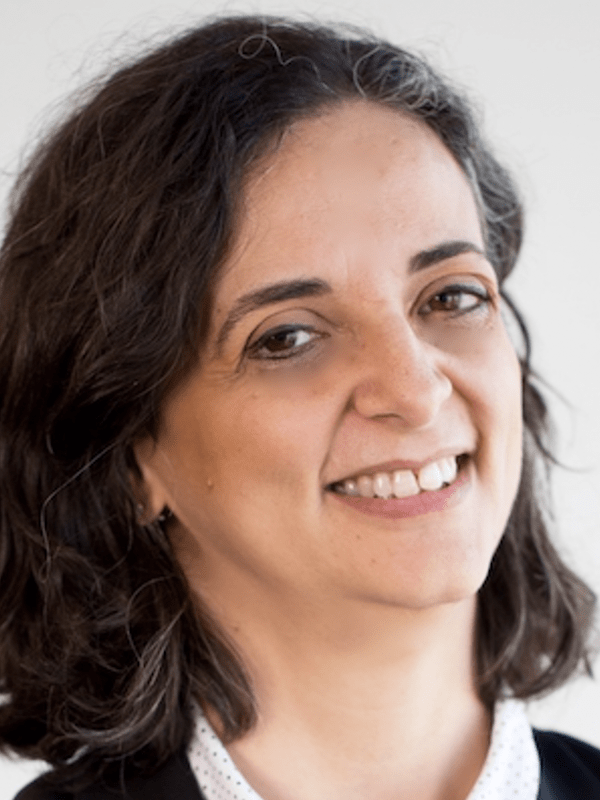
Maria Pisu, PhD
Principal Investigator
Biography
I am a Professor in the Division of Preventive Medicine at the University of Alabama at Birmingham. I have a PhD in Economics and my research examines disparities in access and utilization of quality health care in chronic disease patients.
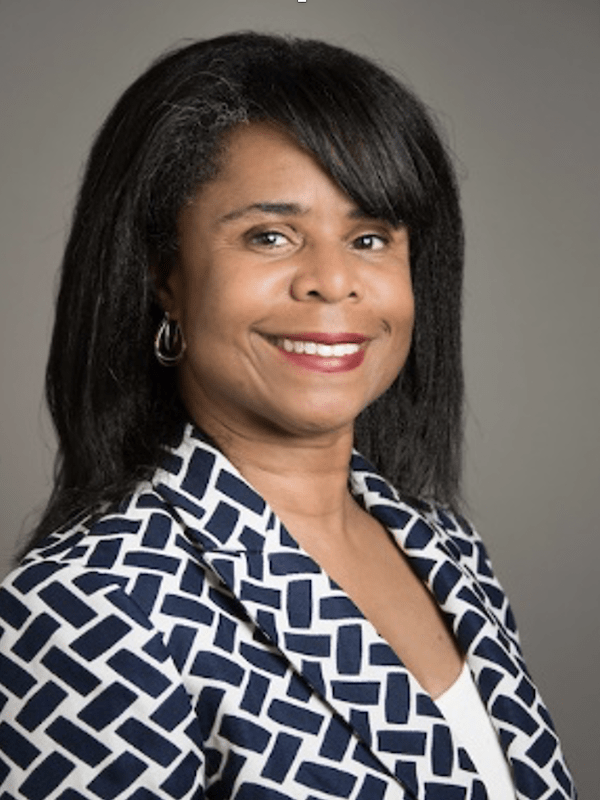
Michelle Y. Martin, PhD
Principal Investigator
Biography
I am a clinical psychologist with an emphasis in medical psychology. Reducing health disparities is at the heart of my program of research. Several years ago, through one of my studies, I learned that about 40% of patients coping with cancer worried about costs when making treatment decisions. In addition to the stress of a life-threatening illness, there was now stress about what it will cost. Understanding how the economic burden of illness impacts emotional well-being and health outcomes is a priority for me.
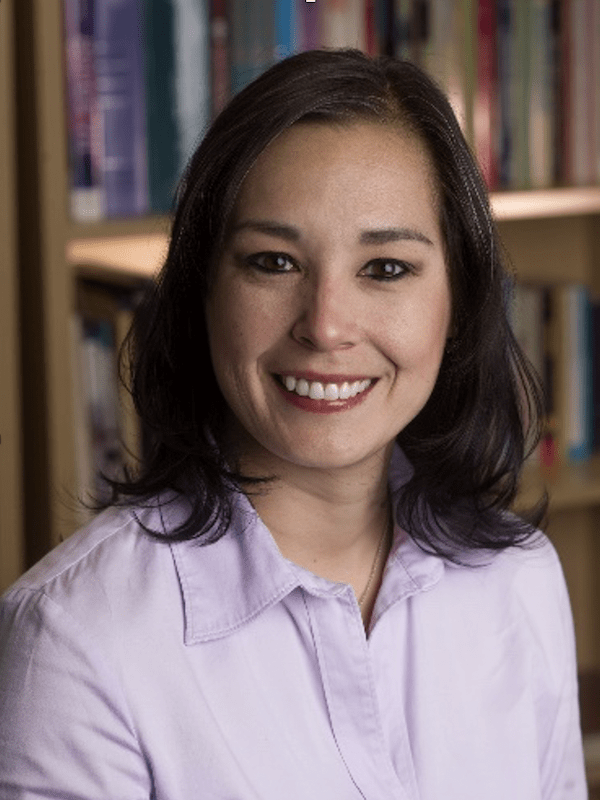
Yu-Mei Schoenberger, PhD
Pilot Projects Lead
Biography
I am an Assistant Professor in the Division of Preventive Medicine at the University of Alabama Birmingham (UAB). I have a PhD from the UAB School of Public Health with a concentration in Health Education and Health Promotion. My research interests include cancer prevention and control, communications technology, health disparities, and health communications.
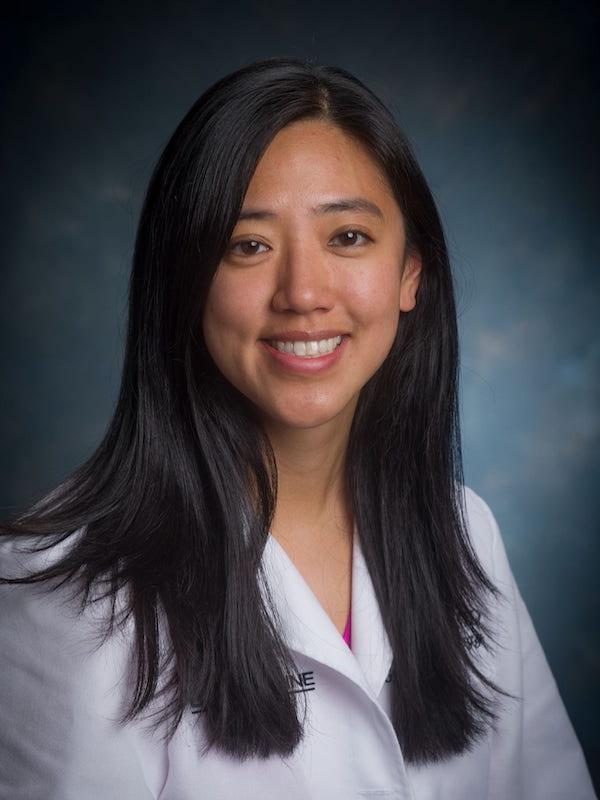
Margaret I. Liang, MD, MS
Network Relations Lead
Biography
I am an oncologist, surgeon, and researcher at Cedars-Sinai Medical Center in the Division of Gynecologic Oncology. I spent 10 years of my training at The Ohio State University and then completed gynecologic oncology fellowship at University of California Los Angeles and Cedars-Sinai Medical Center in 2017. I also obtained a Master’s of Science in Health Policy and Management during this time. Previously, I worked at the University of Alabama at Birmingham, where I helped to lead early development of a financial navigation program. My research interest is in developing interventions to minimize financial distress among cancer patients and their caregivers, whether at the patient, provider, health system, community, or policy level.
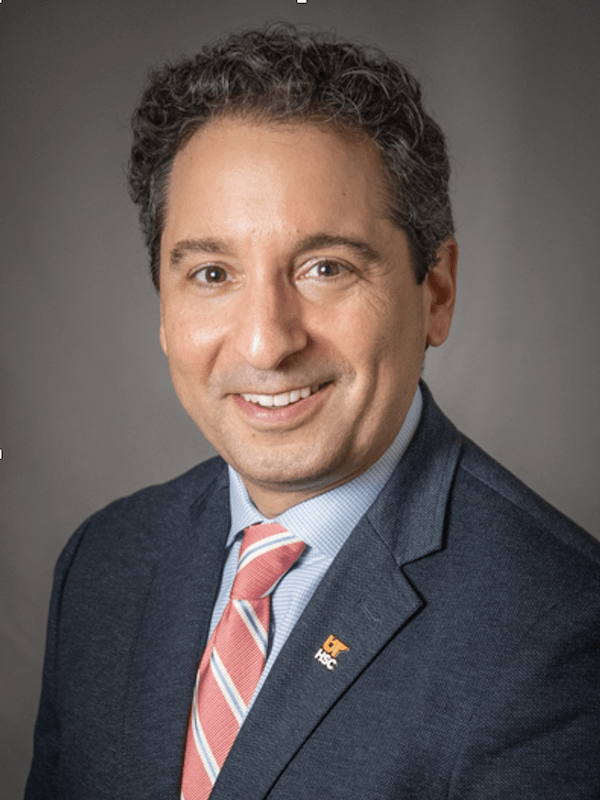
David Schwartz, MD
Investigator
Biography
I serve as Professor and Chairman of the Department of Radiation Oncology, Professor in the Department of Preventive Medicine, and Director of the Center of Health Equity in my Department at the University of Tennessee Health Science Center (UTHSC) College of Medicine. I have been a PI of grant-funded projects that have examined approaches to improve patient access to radiation treatment for cancer.

Erin Carley, LMSW
Project Coordinator
Biography
I am a Researcher IV in the Division of Preventive Medicine at the University of Alabama at Birmingham (UAB). I am a LMSW with a master’s degree from Samford University with a concentration in Clinical Practice. I am also currently working on my PhD in Educational Studies in Diverse Populations with a concentration in Health Disparities at UAB. My research interests include Complex Trauma in minority youth and teaching culturally knowledgeable practice for helping professionals.

Jamie Bowen, MS
Project Coordinator
Biography
I am a research project coordinator at the University of Tennessee Health Science Center. With a master’s degree in biomedical sciences from the University of Mississippi Medical Center, my academic journey has been marked by a commitment to understanding the intricacies of human health and disease. My research interests include behavioral interventions for children with autism and minimizing health disparities in rural and underserved communities.
EMOT-ECON Team Q&A
BLANK
Maria Pisu
Why is the topic of emotional well-being and economic burden important to you?
Early in my career, I became very interested in understanding the effect of health care costs on patients. Over the years, I examined how the economic burden of disease and economic hardships affect treatment decisions, well-being and overall quality of life in people who have cancer. The EMOT-ECON work is an exciting opportunity to push this research topic forward and inspire others to examine the effects of these costs on patients’ well-being, especially their emotional well-being.
What do you do for your well-being?
The best thing for my well-being is dozing under an umbrella at the beach after lunch when the breeze picks up. Unfortunately, I cannot do this as often as I would like to!
Michelle Martin
Why is the topic of emotional well-being and economic burden important to you?
Our network is the first to bring together researchers, healthcare providers, patients, and others to understand what emotional wellbeing means to patients coping with the economic burden of illness. Our network will identify interventions that will foster wellbeing.
What do you do for your emotional well-being?
Sleep! I have come to appreciate that sleep is the foundation that allows one to thrive in many life domains. I dream of sleep vacations!
Yu-Mei Schoenberger
Why is the topic of emotional well-being and economic burden important to you?
It’s important to get researchers interested in this growing field of research, so we can truly understand how the economic burden of disease affects a person’s emotional well-being.
What do you do for your emotional well-being?
Get ice cream every Friday with my little one…sometimes we throw in an extra day! When I have time, I love craft and work in the yard.
Margaret I. Liang
Why is the topic of emotional well-being and economic burden important to you?
I have seen firsthand the negative impact that affordability as a barrier to care has on patients’ cancer outcomes and emotional well-being and believe that a cohesive effort (such as EMOT-ECON) to develop evidence-based interventions is needed to advance health system interventions and public policy.
What do you do for your well-being?
To relax, I spend time listening to podcasts (The Daily, How I Built This), entertaining my goldendoodle (Penny), and exercising on the Peloton app (Emma, Tunde, and Jess Sims get me motivated).
Erin Carley
Why is the topic of emotional well-being and economic burden important to you?
I think we live in a society that conveniently forgets how economic burdens can impact ones mental and physical health and their ability to provide for their families. Economic insecurity affects everything from the safety of where a person lives, accessible health resources, accessibility of food that provides quality nutrition, and necessities like transportation and utilities. This topic is so important because it can begin to change the way we prioritize how we care for people in legislation, in corporate settings, and even academic ones. If you want to impact someone’s wellbeing, a great place to start is evaluating the impact of their finances.
What do you do for your well-being?
I have learned to say “no” and not feel guilty about being honest about my capacity to give or do in any particular moment. I have learned to just “sit and be” without the added anxiety of feeling like I have to accomplish something, or I need to do something in order to “earn” the right to rest. Finally, when I want to be active, ill either go on nature walks by the river or lake with my dog, Elliot or I’ll try out a new recipe to feed my cooking hobby!
David Schwartz
Why is the topic of emotional well-being and economic burden important to you?
As a physician who provides clinical care to cancer patients, I know the economic burden patients face because of their illness, and the impact that burden can have on their emotional well-being. My program of research and clinical expertise have prepared and inspire me to serve this network. My practice enlivens pressing clinical research questions which physician-scientists face regarding economic burden and emotional well-being. I am excited to help build the Network through recruiting young (and young at heart) physician-scientists.
Jamie Bowen
Why is the topic of emotional well-being and economic burden important to you?
Everyone deserves to have high-quality healthcare without worrying about the high costs associated with care. I have witnessed how the concern for medical bills affects a person’s ability to thrive after having high-cost treatments. Emotional well-being has a significant impact on a person’s quality of life, and it should not be diminished due to finances related to healthcare.
What do you do for your well-being?
I love taking walks in the park admiring nature and grounding myself. I also enjoy writing and yoga. In a world that is so busy, it is important to have hobbies to keep me grounded and to clear my mind.

